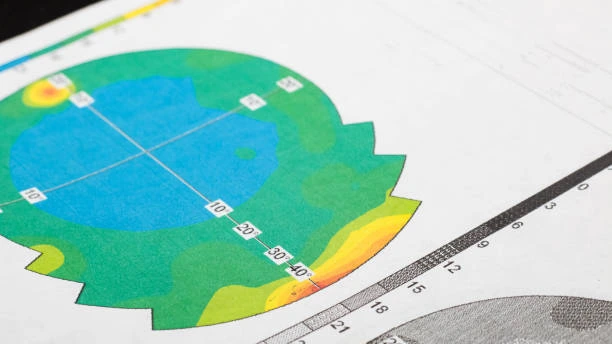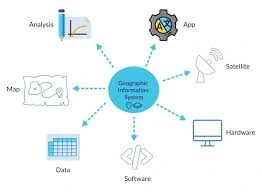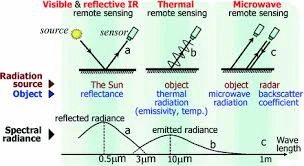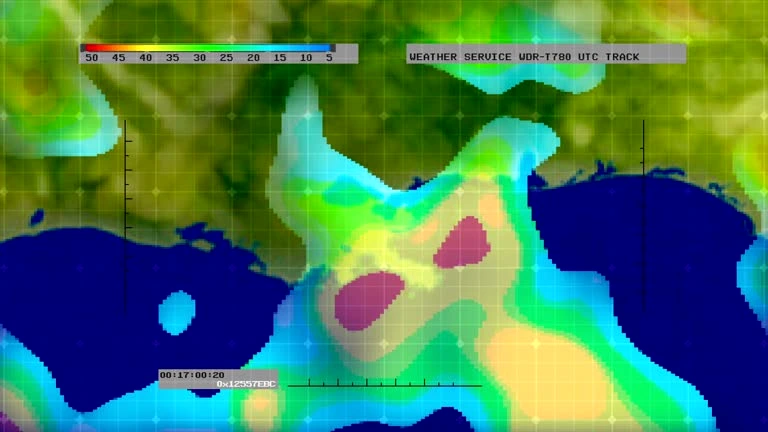Course Overview
This course provides a comprehensive introduction to geostatistics, focusing on the analysis and interpretation of spatial data. Participants will learn essential concepts and techniques used in geostatistics to model and predict spatial phenomena. The course covers various methods for analyzing spatial patterns, understanding spatial dependence, and making informed decisions based on spatial data. Practical exercises using software tools will reinforce the theoretical concepts, making participants proficient in applying geostatistical methods to real-world problems.
Course Duration
10 Days
Who Should Attend
- GIS professionals looking to enhance their skills in spatial data analysis
- Environmental scientists and ecologists dealing with spatial data
- Geographers and urban planners
- Researchers in natural resources, agriculture, and forestry
- Data scientists and statisticians interested in spatial data analysis
- Engineers and geoscientists working with spatial data
Course Objectives
By the end of this course, participants will be able to:
- Understand the fundamental concepts of geostatistics and spatial data analysis.
- Apply geostatistical methods to model and analyze spatial data.
- Perform spatial interpolation using techniques such as kriging.
- Evaluate spatial patterns and dependence in data.
- Use geostatistical software tools for spatial data analysis.
- Integrate geostatistical methods into decision-making processes.
- Develop spatial prediction models for various applications.
- Assess the accuracy and reliability of spatial models.
- Visualize and interpret spatial data effectively.
- Implement geostatistical techniques in practical case studies.
Course Outline:
Module 1: Introduction to Geostatistics
- Basic concepts of spatial data
- Spatial autocorrelation and variograms
- Exploratory data analysis for spatial data
Module 2: Variogram Modeling
- Variogram estimation methods
- Variogram model fitting
- Anisotropy in spatial data
Module 3: Ordinary Kriging
- Theory of ordinary kriging
- Kriging variance
- Block kriging
Module 4: Universal Kriging
- Universal kriging model
- Trend estimation
- Residual kriging
Module 5: Indicator Kriging
- Indicator kriging for categorical data
- Probability of exceedance maps
Module 6: Cokriging
- Cokriging for multiple variables
- Cross-variogram modeling
Module 7: Sequential Gaussian Simulation
- Conditional simulation techniques
- Monte Carlo simulation
- Uncertainty assessment
Module 8: Spatial Regression
- Spatial lag models
- Spatial error models
- Mixed models for spatial data
Module 9: Geostatistical Applications in Environmental Science
- Soil contamination mapping
- Groundwater modeling
- Air pollution assessment
Module 10: Geostatistical Applications in Other Fields
- Disease mapping
- Natural resource management
- Remote sensing data analysis
Customized Training
This training can be tailored to your institution needs and delivered at a location of your choice upon request.
Requirements
Participants need to be proficient in English.
Training Fee
The fee covers tuition, training materials, refreshments, lunch, and study visits. Participants are responsible for their own travel, visa, insurance, and personal expenses.
Certification
A certificate from Ideal Sense & Workplace Solutions is awarded upon successful completion.
Accommodation
Accommodation can be arranged upon request. Contact via email for reservations.
Payment
Payment should be made before the training starts, with proof of payment sent to outreach@idealsense.org.
For further inquiries, please contact us on details below:






